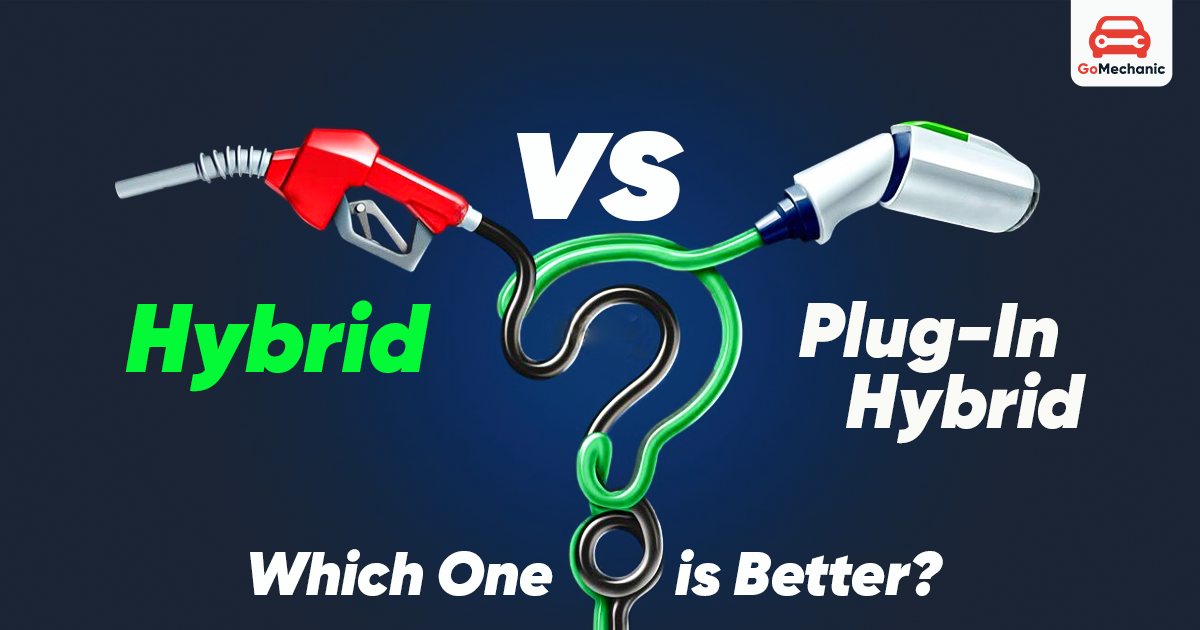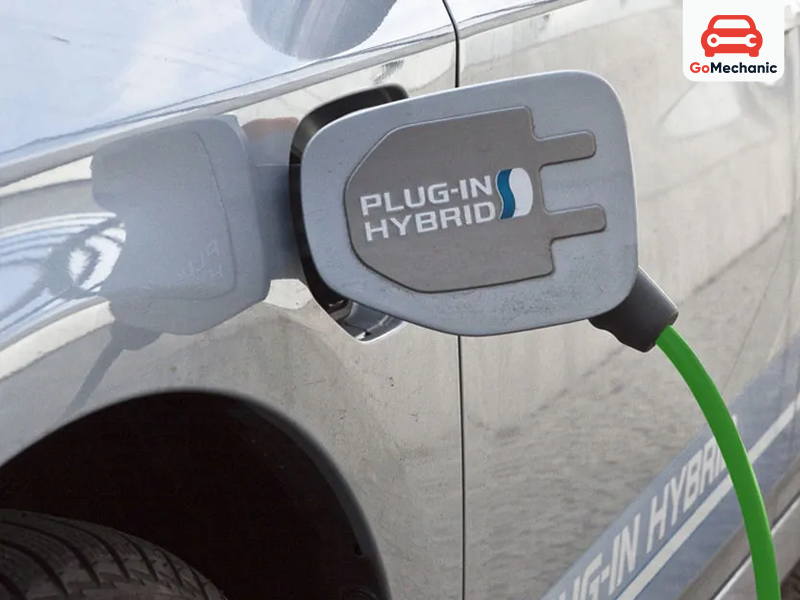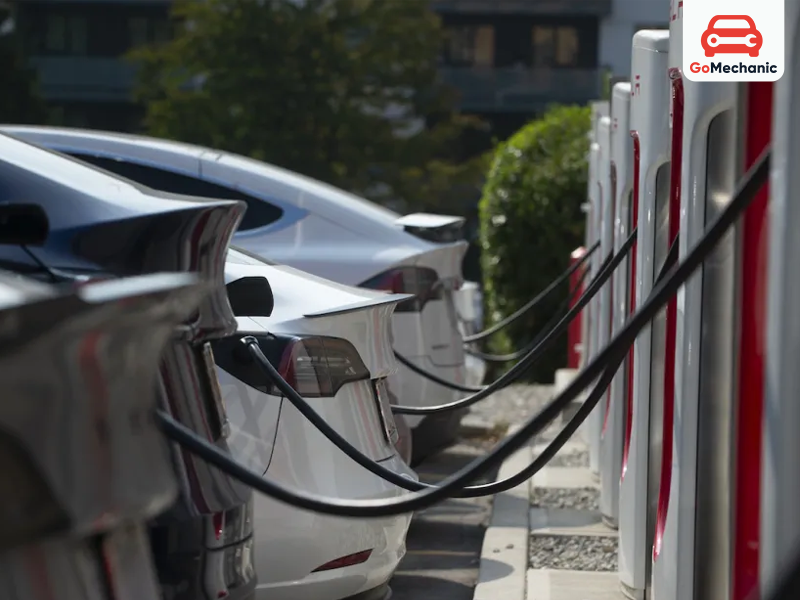
mild hybrid
Mild hybrids use a small electric motor to assist the ICE (internal combustion engine) engine. They are just complementary to ICE. This isn’t an electric car by any means, but it gives the engine an extra boost when you need it to do things like drive from a dead stop.
It also helps the engine with other tasks, such as running the air conditioner. Therefore, it is very useful. The electric motor draws its power from the internal combustion engine and also from the brakes via regenerative braking.
Mild hybrid cars in India:
- Maruti Suzuki Brezza
- Maruti Suzuki Ertiga
- Maruti Suzuki Siaz
- Toyota City Cruiser Hyryder
full hybrid
A full hybrid has an internal combustion engine and a larger electric motor than a mild hybrid. Electric motors are able to do more work, even allowing cars to travel short distances on electric motors alone, especially in cities. That’s why, unlike regular cars, full hybrids generally get better fuel mileage in the city than on the highway.
Full hybrid cars in India:
- honda city
- Toyota Innova Hycross
- Toyota Camry
- Volvo XC90
plug-in hybrid
Plug-in hybrids are somewhere between regular hybrids and fully electric vehicles. Just like any other hybrid, they can be charged while the engine is running. They also have access to electrical outlets, just like fully electric cars. As a result, they can travel further on electric power than regular hybrid cars. Plug-in hybrid vehicles are yet to make headway in India due to lack of availability.
Also read: Everything you need to know about hybrid car repairs
benefits hybrid electric vehicle
1. Fuel economy
Hybrid cars work on an electric motor and an internal combustion engine. In a hybrid car, the regular engine is assisted by an electric motor during acceleration, ultimately reducing fuel consumption. As a result, hybrid cars are much more efficient than conventional forms of engine models.
2. Emissions
Hybrid vehicles have about half the emissions of conventional gasoline-powered vehicles. Electric motors reduce dependence on internal combustion engines. In other words, emissions of toxic pollutants such as carbon dioxide, nitrogen oxides and particulate matter are significantly reduced. Thus, providing cleaner air while helping to reduce the effects of global warming.
3. Affordability
Hybrid cars are generally cheaper than hybrid plug-in cars. One reason is that the technology is much simpler and less laborious than plug-in hybrids. Even if it happens to cost more at the dealership than a standard gasoline car, the increased fuel efficiency will usually make up for the slight increase in cost in the long run.
4. Charging
Hybrid cars require no external charging. The battery is charged primarily by the gasoline or diesel engine, and energy is captured during deceleration through regenerative braking and put into the battery.
Benefits of plug-in hybrid cars

1. Electric range
A plug-in hybrid car’s battery must carry more capacity than a conventional hybrid car’s battery. It enables such vehicles to travel long distances on electricity alone. It’s particularly useful for relatively long trips that traditional hybrids can’t cover.
2. Fuel freedom
Plug-in hybrids can be charged via a wall outlet, making refilling the battery very convenient. This means more miles can be driven in electric-only mode and significant fuel consumption eliminated over time. Less consumption leads to greater cost savings.
3. Green travel
Plug-in hybrids produce fewer emissions than conventional hybrids. They do not produce any tailpipe emissions because they run primarily on electricity. This ensures that the air remains clean as cars produce minimal greenhouse gases.
4. Green premium
Plug-in hybrids are generally more expensive than regular hybrids. That’s because you have to spend more on large battery packs and charging infrastructure. But the huge savings potential of the pump is huge. Government incentives could offset the additional cost of these plug-in hybrids.
mixed dilemma

Ultimately, it’s a choice between personal needs and driving style. If you mainly cover short distances and there is charging infrastructure available in your area, the plug-in variant is recommended. However, if the infrastructure is inaccessible or unavailable and traditional fuel is required to meet your specific needs, then a regular hybrid is the way to go.
Popular: 5 best hybrid cars in India











Leave a Reply Cancel reply
You must be logged in to post a comment.